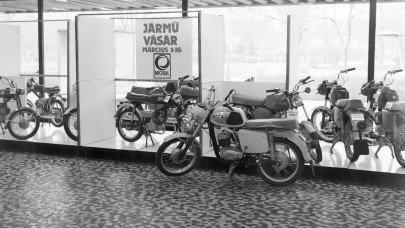These positive effects were evident in all trialled variations, but were most pronounced at a seed rate of eight seeds per square metre, which is commonly used in the region. At this rate, increases of 4.5 percent in maize yields, 8.2 percent in net energy lactation (NEL), 7.9 percent in metabolisable energy (ME) and 5.4 percent in gas yields were observed compared to the respective values achieved with single-row drilling without DeltaRow. These yield and quality advantages delivered by the DeltaRow approach are due to the fact that DeltaRow gives plants about 70 percent more space to develop compared to conventional single-row approaches. As a result, each plant has more space to absorb water and nutrients from and therefore more room to grow. This has a beneficial effect on plant development.
The trial was conducted in Borken (North Rhine-Westphalia) in the spring of 2020. The effects of the factors seed rate (seven, eight or nine seeds per
square metre) and sowing approach on crop yield and quality were examined by means of a large-scale plot trial. Naturally, tillage, seed strain, sowing and harvesting times were identical for all trial variants.







